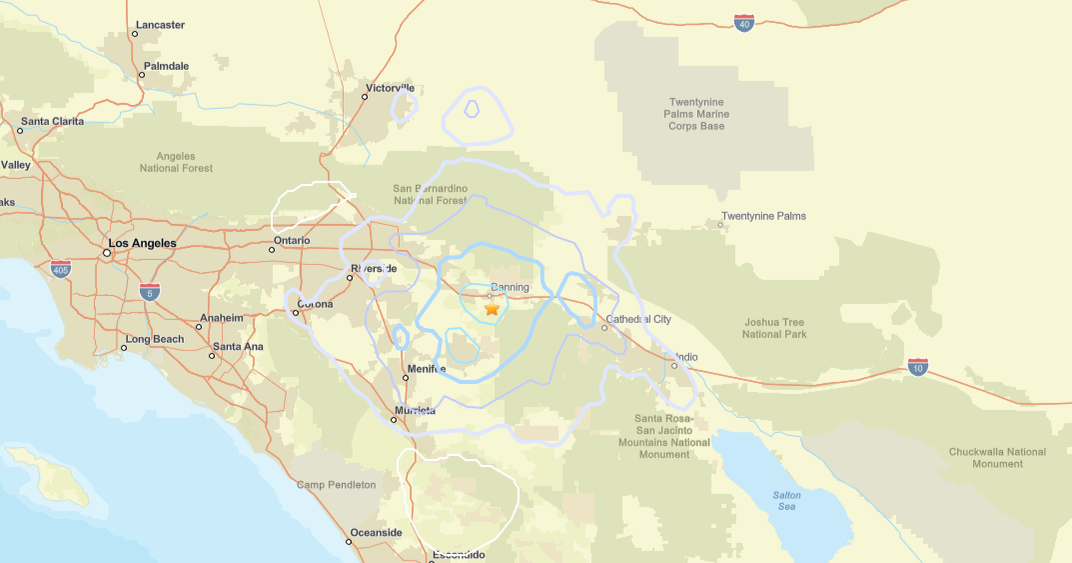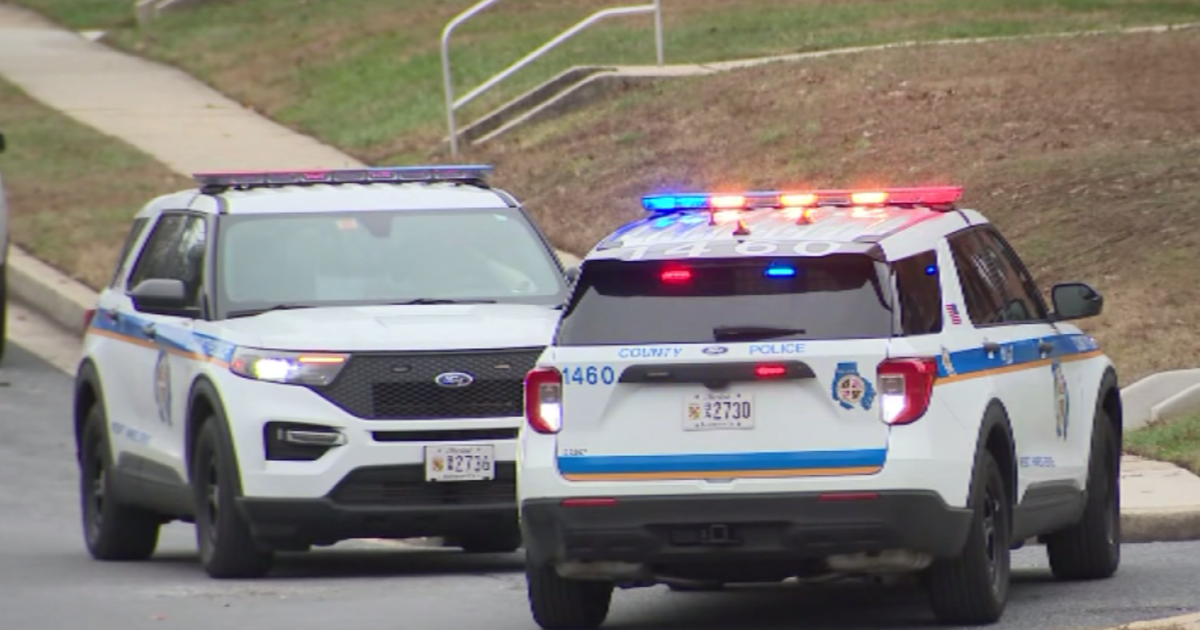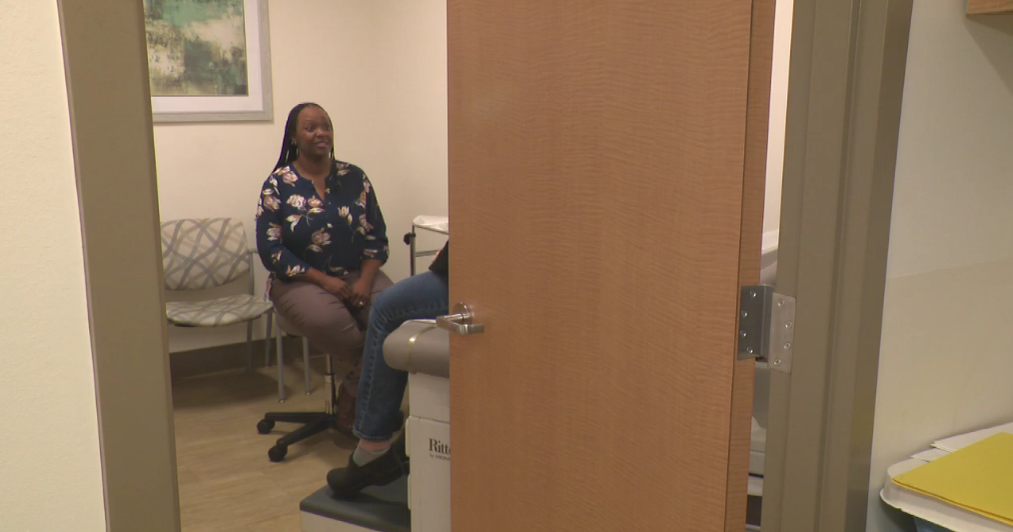What To Do Immediately After An Earthquake
 (Photo credit: Thinkstock)
(Photo credit: Thinkstock)
It may have felt like the longest 30 seconds of your life, but an earthquake that took you completely by surprise just ended. Everything around you may look completely the same, or eerily upended and frightening. No matter where you are, you're not out of the danger zone yet. Make sure that you and those around you are as safe as possible by following these action steps.
Examine Yourself for Injuries – It may sound counter-intuitive, but you may not realize you have sustained an injury during an earthquake, particularly if you are experiencing shock. Calmly examine your body and head and if are able to do so, very slowly sit up, checking for feelings of dizziness, nausea or pain. If, however, you believe yourself to be seriously injured, try to contact 9-1-1 and do not move at all, unless you believe yourself to be in imminent danger of further injury from falling debris, dangling wires or other earthquake-related damage.
Help Those Around You – If you have not sustained an injury during the earthquake and are able to help others, look around to see if anyone nearby is hurt or seems to be trapped under debris. Do not move anyone who seems to be seriously injured but seek out the authorities and pinpoint the location of any injured individuals. If you are able to provide first aid for anyone who would benefit, do so.
Move Away From Danger – If you are outside, separate yourself from dangerous areas where there are buildings, street lights and dangling wires to avoid further injury from structural collapses and falling debris. If you are inside, examine your surroundings and, most importantly, extinguish any fires which may have erupted, check for chemical spills and smell around for gas. If you do smell gas, open a window, leave the premises and call the authorities. Inspect your home and if it appears to be unsafe in any way, move everyone, including pets, outdoors and away from the exterior walls of the building. Your animals may be jumpy and frightened after an earthquake, so keep them crated or leashed for their own safety.
Expect Aftershocks – Aftershocks will happen and can bring with them additional damage. If your home has sustained even limited damage or seems unstable, leave immediately. If an aftershock occurs, drop, cover and hold on. If you are outdoors, get into an open area away from trees and other potential dangers.
Turn the Radio On and Phone Off – Telephone lines become overwhelmed after disasters such as earthquakes because everyone is using them at once. While it is natural that you want to get in touch with loved ones, try to connect by text only, in order to leave the phone lines clear for the 9-1-1- system. Use a battery-powered radio to get updates on the earthquake's aftereffects and only use the phone if you or someone near you is having an emergency.
Inspect Your Utility Lines – Check for electrical system damage, gas leaks and water line damage. If you suspect damage to any of your systems, turn them off immediately and call the authorities, particularly if you smell gas, hear a hissing sound, smell burning insulation or see sparks. Never attempt to turn the gas back on yourself and never step in standing water to get to a fuse box or circuit breaker.
Assess Your Home's Structure – Eyeball walls, doors, windows, chimneys and staircases for structural damage. Check the ceiling to assess if collapse is imminent and look for items which might crumble such as drywall and loose plaster.
Avoid Using Flammables – Never smoke inside of a structure that has just gone through an earthquake. Also avoid candles, matches, kerosene lamps or any other potentially flammable objects. Inspect your home with battery-operated flashlights instead.
Assess Your Neighborhood – Individuals living nearby may need help. If you know of neighbors who are elderly, are pregnant or have babies, small children or other special needs, try to determine if they need support. Take precautions if you choose to enter their homes but do not enter a building that appears to be dangerous. If necessary, call the authorities to aid in their rescue.
Sources:
![]()
Corey Whelan is a freelance writer in New York. Her work can be found at Examiner.com.
To learn more, visit CBS Sacramento's Earthquake Resource Center
![]()







